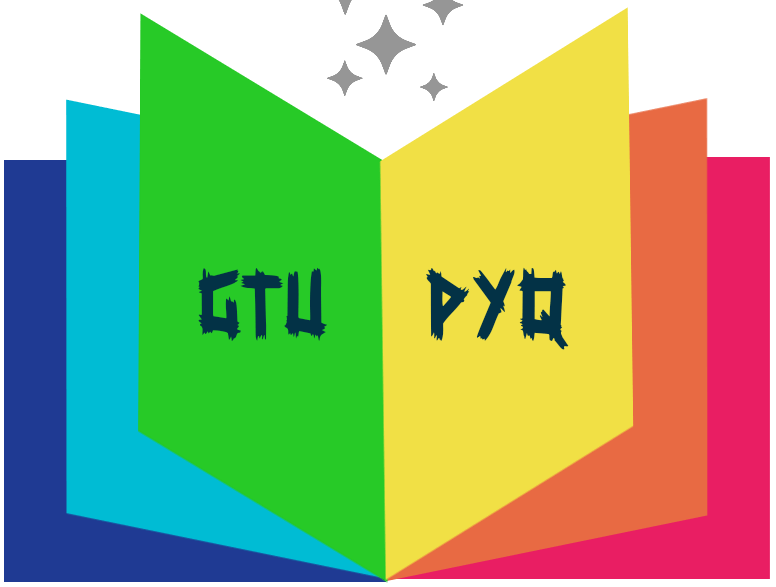1. Mathematics I and II: These courses cover topics such as calculus, differential equations, linear algebra, complex numbers, and numerical methods. Mathematics forms the backbone of engineering and is crucial for solving complex engineering problems.
2. Physics: Physics lays the groundwork for understanding the fundamental principles and laws governing the natural world. Topics include mechanics, thermodynamics, optics, electromagnetism, and modern physics.
3. Chemistry: This subject introduces students to the basic principles of chemistry, including atomic structure, chemical bonding, thermodynamics, and chemical kinetics. It helps students understand the properties and behavior of materials used in engineering applications.
4. Basic Electrical Engineering: This course provides an introduction to electrical circuits, principles of electricity, and electronics. Students learn about circuit analysis, network theorems, and basic electronic components.
5. Basic Mechanical Engineering: In this subject, students are exposed to the fundamentals of mechanical engineering, including mechanics, kinematics, thermodynamics, and manufacturing processes.
6. Programming for Problem-Solving: This subject covers programming fundamentals, usually starting with languages like C or Python. Students learn about algorithm development, problem-solving techniques, and computer hardware.
7. Engineering Graphics: Engineering graphics help students develop visualization and communication skills through technical drawing. It involves learning how to represent three-dimensional objects on a two-dimensional plane and understanding engineering drawings.
8. Environmental Science.: This subject raises awareness about environmental issues and sustainable development. It covers topics like pollution control, natural resource management, and the importance of environmental conservation.
9. basic Civil Engineering: Students get an introduction to civil engineering and learn about basic construction materials, properties, and mechanics of structures.
10. Workshop Practice: This hands-on subject involves practical training in various workshop tools and equipment. Students get to work with different materials and learn basic workshop techniques.

